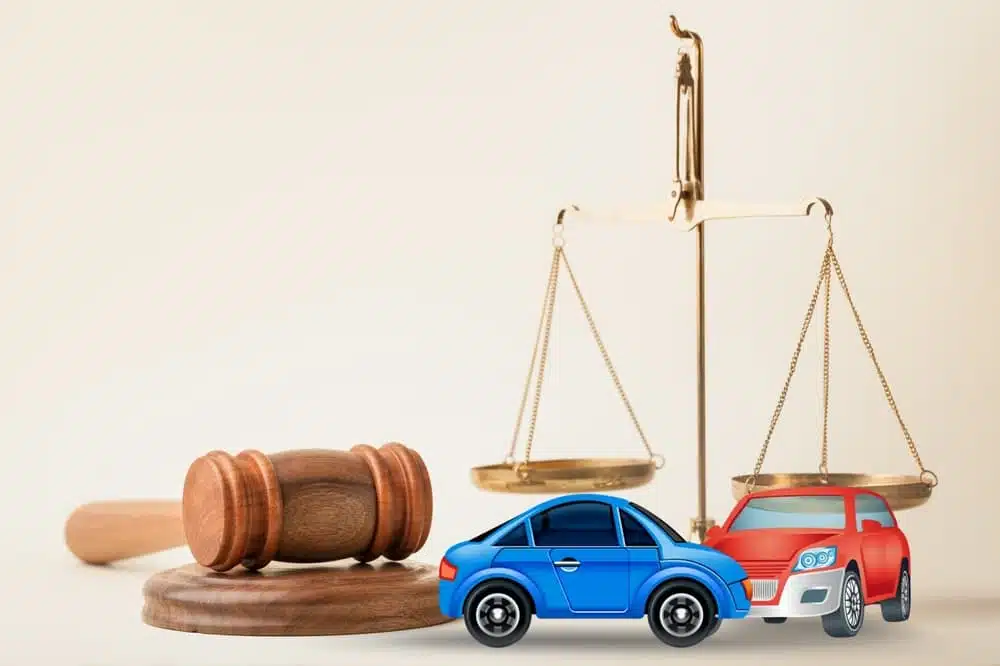
Nursing home abuse is a significant problem in the United States that affects thousands of innocent victims every year. Unfortunately, it is difficult to get an accurate measure of the scope of the problem, and the National Center on Elder Abuse (NCEA) reports that knowledge about elder abuse is as much as 20 years behind other fields such as domestic violence and child abuse.
The reasons for this are varied, but one of the major difficulties that is associated with gathering accurate data about nursing home abuse is that older residents are often unable or unwilling to report abuse. Sometimes residents are too embarrassed to report that they have been the victims of abuse, and residents with cognitive issues arising from conditions such as Alzheimer’s or Dementia may simply be unaware that they have been abused at all.
Moreover, according to the NCEA, different names exist that describe elder abuse, making it even harder to collect information. Specifically, the NCEA states:
[L]ongstanding divergences in the definitions and data elements used to collect information on elder abuse make it difficult to measure elder abuse nationally, compare the problem across states, counties, and cities, and establish trends and patterns in the occurrence and experience of elder abuse.For example, the first definition the NCEA cites is the Elder Justice Roadmap Definition which was formulated from existing definitions including those found in such laws as the Federal Elder Justice Act and the Older Americans Act among others. It defines elder abuse as the following:
[P]hysical, sexual, or psychological abuse, as well as neglect, abandonments, and financial exploitation of an older person by another person or entity, that occurs in any setting (e.g. home, community, or facility), either in a relationship where there is an expectation of trust and/or when an older person is targeted based on age or disability.Definitions of elder abuse continue to vary from state to state with some states even criminalizing elder abuse. Because of the varying definitions and the lack of uniformity involved, the Centers for Disease Control and Prevention (CDC) drafted the following definition of elder abuse: “[an]intentional act or failure to act by a caregiver or another person in a relationship involving an expectation of trust that causes or creates a serious risk of harm to an older adult.”
Regardless of the exact definition, it is clear that the number of victims of elder abuse is on the rise. Therefore, if you have a family member or family members who are currently living in a nursing home or may need care in the future, you should familiarize yourself with how to spot signs that abuse is taking place. By doing so, you can protect your loved ones from abuse and ensure that the facility will be held liable in the event that abuse takes place.
Common Signs of Nursing Home Abuse
While nursing home abuse can often be physical, it can also be emotional or financial. For this reason, do not assume that abuse is not taking place simply because your loved one does not seem to be physically hurt. That being said, inquire about any signs of physical injury and make sure to thoroughly investigate the causes of any injuries you notice. Some of the more common signs of nursing home abuse that should never be ignored include the following: bruises, bed sores, lacerations or broken bones. Other signs to look out for include: a sudden change in financial situation, unnecessary use of restraints, weight loss, emotional withdrawal and/or fearful behavior.
Do I Need to Call an Attorney?
Many people whose loved ones have been subjected to nursing home abuse wonder what to do in their situation? Contacting an experienced nursing home abuse attorney as soon as the abuse is discovered is an important step in helping your loved one. A nursing home abuse lawyer will work on a contingency fee basis – which means you do not have to worry about any attorney’s fees up front. Instead, the attorney will represent your loved one and will only collect money once your loved has received financial compensation for his or her injuries.



